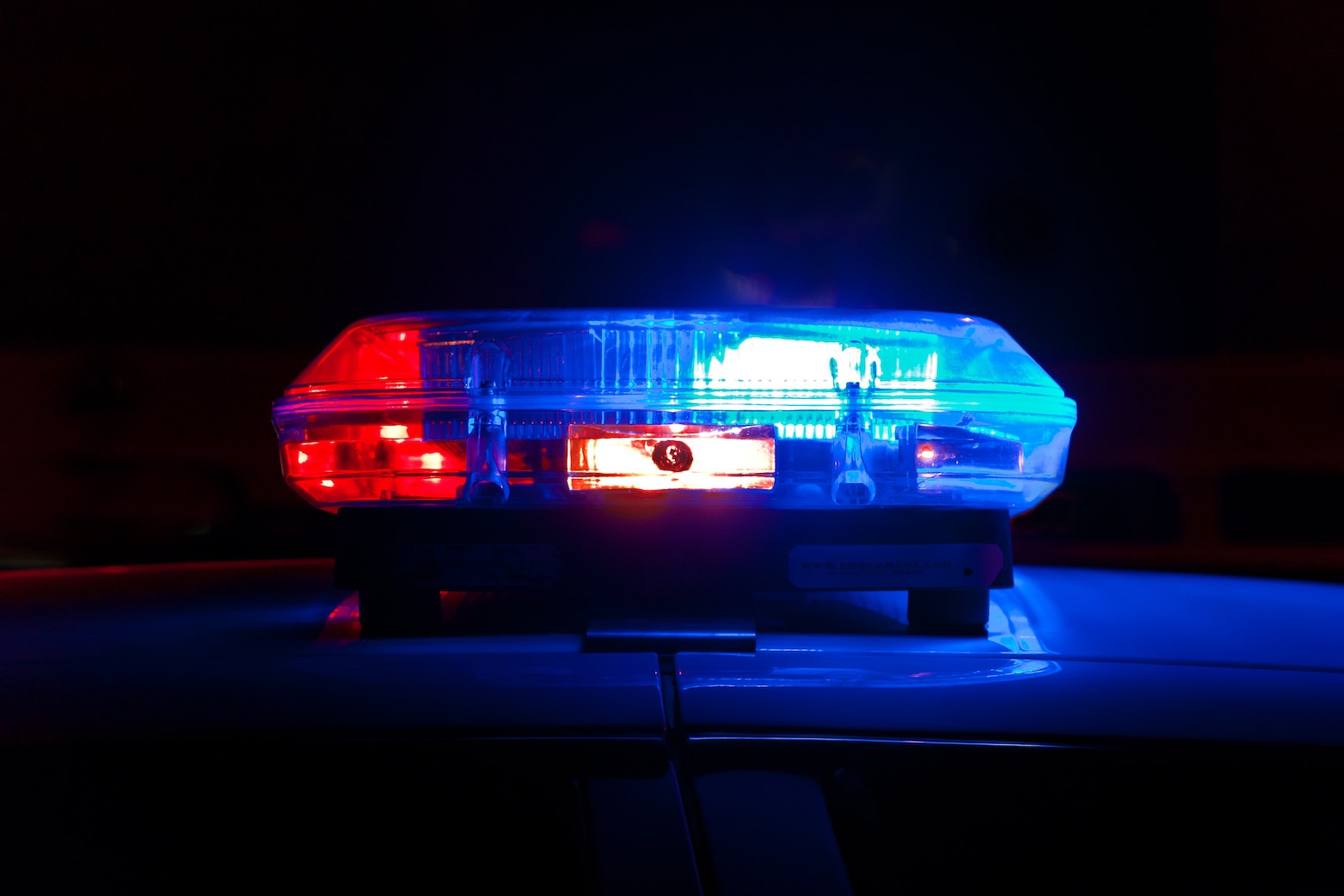Arrests for driving while intoxicated in Texas – and for similar crimes by other names in other states – follow a fairly predictable pattern. In almost all cases, the arrest starts with a driver being pulled over. Ideally, but not always, the police officer has probable cause to do so. Probable cause can include any traffic violation, a safety equipment violation – such as a burned-out taillight – or erratic driving. Having made the traffic stop, if the officer smells alcohol or marijuana, or sees any evidence that the driver is under the influence of alcohol or drugs, it is legal for the officer to inquire further into whether the driver is in fact under the influence of alcohol or drugs. That is where things can get tricky.
What Can the Police Make You Do During a DWI Stop?
The answer, ultimately, is nothing. All of the things that the police like to ask you to do during a traffic stop where the officer believes you are under the influence of drugs or alcohol are essentially violations of your constitutional rights. Until 2014, police in Texas were allowed to require drivers to provide a blood sample to test for alcohol or drugs. However, a Texas court of appeals decided that violates the U.S. Constitution, basing the decision on the Fourth Amendment to the U.S. Constitution, which prohibits unreasonable searches and seizures. Since then, police have to have your consent for a breathalyzer or any other test that seeks evidence that you have been consuming alcohol or drugs. That means you can refuse to take any such tests, including blood tests, breath tests, or even roadside tests such as walking along a line heel to toe or reciting the alphabet.
That does not mean you will not pay a price for refusing to take such tests, especially a breathalyzer or blood test. Refusing to take roadside sobriety tests carries no penalties, and the tests are generally so unreliable that you probably should take them anyway. Breath and blood tests for alcohol or drugs, however, are much more reliable indicators of whether you are under the influence of drugs or alcohol, and refusing to take those tests will result in administrative penalties.
You do not have a right to a driver’s license. The state is free to impose conditions. Among those conditions are penalties for refusing to take a breath or blood test following a stop for suspicion of DWI. Those penalties include:
- A driver’s license suspension of 180 days for a first-time offense
- A two-year suspension for a second occurrence
- A two-year suspension for a third refusal to submit to a blood or breath test
Of course, if you refuse to take a blood or breath test, it might be harder for a prosecutor to convict you of DWI. The penalties for a DWI conviction in Texas – even for a first offense – are much worse than the penalty for refusing a blood alcohol test.
If You Have Been Arrested For DWI, Talk to Madrid Law Firm
If you are stopped for suspicion of DWI, it is possible that not cooperating with the police by giving them a blood or breath sample is the right move. If it is possible you could be stopped for DWI – or if you have been – you should talk to a criminal defense attorney so you can see what actions can help you the most under such circumstances. You should talk to the Madrid Law Firm and see what can be done about your situation.




